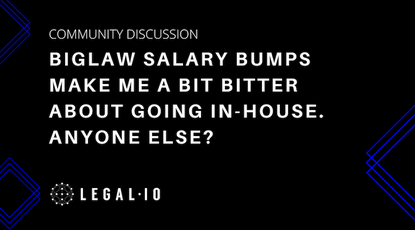The Winners and Losers in the AI Race
According to a recent report by the Brookings Institution, 60% of new AI job postings are located in just 15 metropolitan areas. Nearly half of the generative AI job postings in the past year were in six cities: San Francisco, San Jose, New York, Los Angeles, Boston, and Seattle. This trend continues the pattern seen in AI jobs and R&D.
When we look at the Forbes AI 50 list, which showcases the most promising AI companies, we find that the 43 U.S. members come from just four states: California, New York, Texas, and Massachusetts. One company operates entirely remotely. Notably, none of the top 50 AI startups are located in the Rust Belt, the Midwest, or the South. San Francisco, the frontrunner of the cities listed, houses 20 of the best-funded AI companies, more than the rest of America combined.
The Concentration of High-Tech Industries
Over recent decades, U.S. high-tech industries have become increasingly concentrated in coastal cities. More than 100 metro areas have the potential to be AI centers, yet just 14 metro areas account for more than half of AI R&D investment.
Axios reports Zoë Baird, Senior Counselor at the U.S. Department of Commerce, highlighted the importance of distributing AI skills across the country to make the CHIPS and Science Act work. She noted that “innovation takes place where manufacturing happens.”
The Need for a More Distributed AI Sector
The authors of the Brookings report, Mark Muro, Julian Jacobs, and Sifan Liu, suggest that a "widely distributed" expansion of public sector AI research and access to computing could help spread AI benefits away from "superstar cities." However, non-defense federal AI research spending remained at $1.7 billion in 2022.
While it's still early days in generative AI deployment, wider deployment and adoption across the economy are likely to spread at least some of the economic benefit. A National Artificial Intelligence Research Institutes program is now operating in 19 cities, helping to build up AI talent pools.
Looking Beyond AI
Beyond AI, there is a more widely distributed manufacturing boom underway in the U.S. South and West. This harks back to the 1960s "space race," a classic example of "place-based industrial policy," with federal investment transforming cities such as Huntsville, Alabama.
While the AI gold rush is currently concentrated in a few key areas, there is potential for a more distributed AI sector that could bring benefits to a wider range of locations.










